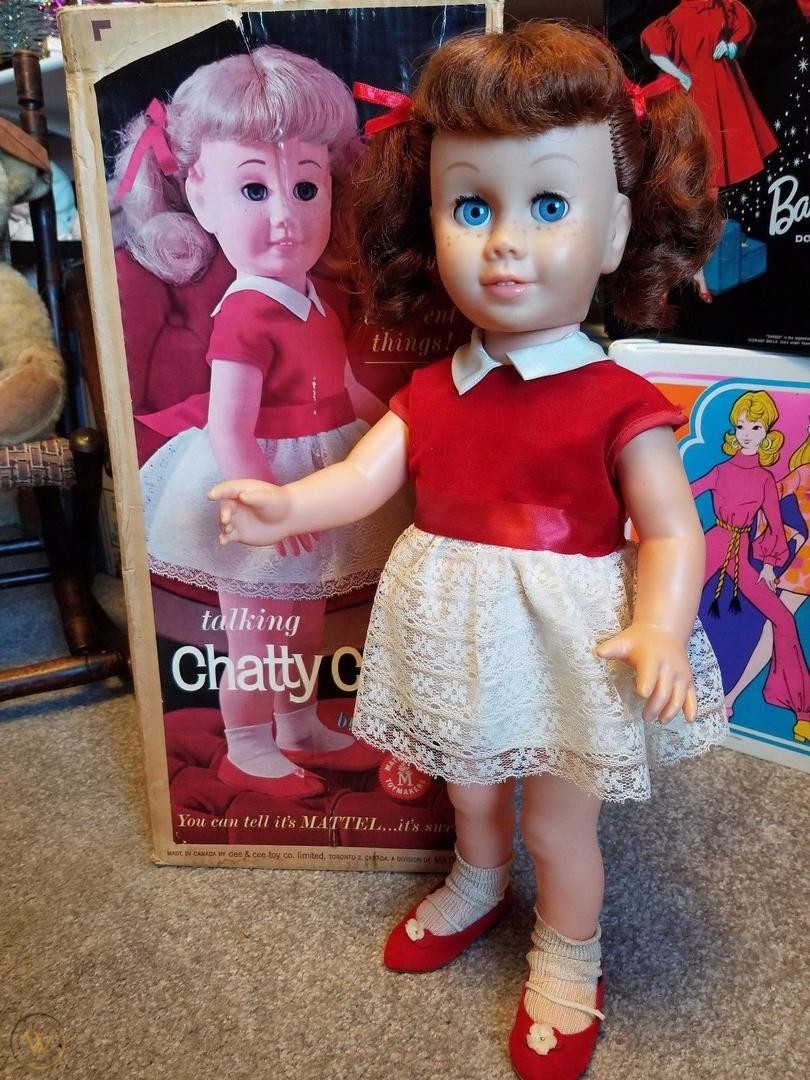
Three things to consider the next time you tell someone to get over it!
Telling someone to get over it is seen by someone who went through a traumatic experience (et al., loss or racism) that their encounter was not significant. When something traumatic happens, it is enough for people to relive the incident over in their life. If the event is hurtful and causes any type of grief, the incident will continue to impact their life. Regardless of what the experience was, death, injustice, relationship, loss of a body part.
There was this lady who traveled across the world participating in marches for justice. She would show up in city after city to paint murals, on the ground on the side of buildings and she would always look so grieved when you saw her almost angry. One day she was asked why she spent her time traveling the world to take part in such activities for people she didn’t even know. There are people in your immediate circle experiencing this sort of rejection and distress. She was asked, “Have you experienced it?” She responded, “No!” So, why do you do it? Why do you travel the world over to take part in such events?” “I hate to see it happen, and I don’t like seeing people treated unfairly.” The woman was confused and offended by the questioning and responded, “I’m doing my part.” “I’m out here on the front lines locked elbow to elbow.” “Are you now?” “That’s what you are doing in a group setting when the cameras are rolling when there’s a crowd.” “What should I do?” The next time you witness something, stand up and use your voice.”
She, like so many other people. Run to paint sidewalks, protest discrimination, and the like, and become voiceless when it counts. This same woman was in a board room and witnessed what she knew to be discrimination and said nothing. People tend to melt into the crowd, like chameleons, when the opportunity presents itself. Speaking up when you witness discrimination matters, not after you leave the scene or the room.


Three things to think about the next time you tell someone to “get over it”
- Experience – Until you experience it, and when I say experience, I mean, you are subjected to the same thing and live through the pain; emotionally, physically, and mentally you have no idea what people are going through. Yes, it hurts for you to see someone disrespected, belittled, and to be hijacked of their very being, but until you experience it, you couldn’t possibly understand.
- Going through – When you use your imagination to visualize, someone else’s experience is confirmation of you not having an experience of your own as a comparison. It’s an empty statement trying to tell someone how they should feel when you’ve never gone through it. It’s not enough to imagine someone’s experience. To understand an experience, you must go through an experience. There are no shortcuts to going through.
- Starting over – One step, at a time, on a large staircase, navigating and gaining a new perspective of the experience. A new perspective on how to manage it. Reconnecting with a world that hijacked you emotionally, physically, and mentally is a process. Life is a cycle of endings and beginnings. To find beauty in difficult situations is hard. Believe it or not, there is beauty and grace hidden in the experience. It may not be visible now, but beauty will be revealed as the journey continues.
When was the last time you were told to get over it? Was it death, injustice, a relationship, loss of a body part, or all the above? It’s not a very good feeling. Life happens in phases, and every phase has a lesson to teach. It takes time to reach past the pain to focus on the present, and that’s not easy. So, in the meantime, and until you have walked in someone else’s shoes or experience. Say nothing.
Rachelle Law, Founder,
How Come, How Long (HCHL)
Writer, Blogger, Author




